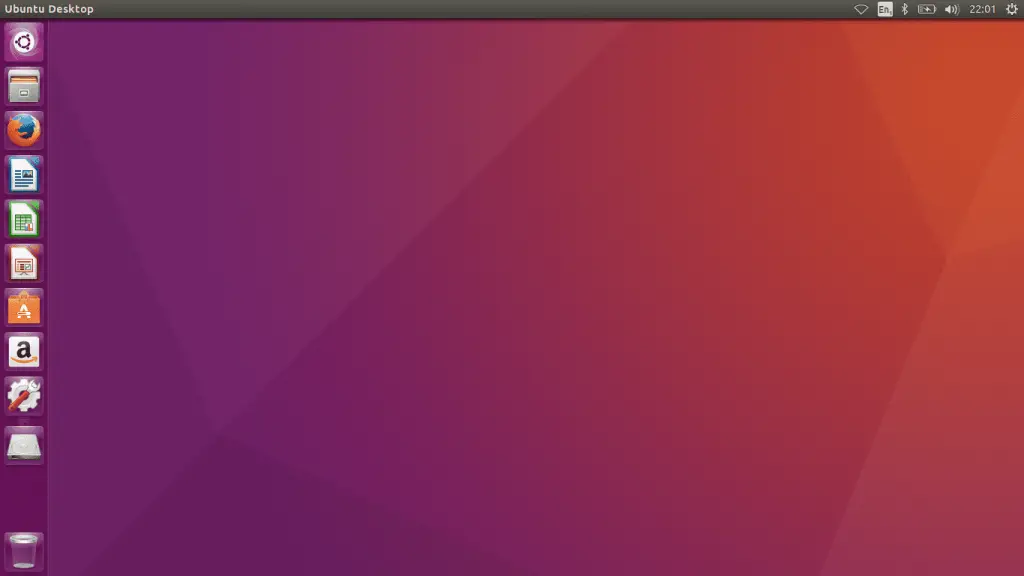
Three distinct techniques for bypassing user namespace restrictions have been discovered in Ubuntu Linux, enabling local attackers to escalate privileges within the system. Although these restrictions were introduced as a safeguard against precisely such exploits, researchers at Qualys have demonstrated multiple evasion methods using only native system tools.
Namespace restrictions were initially implemented in Ubuntu 23.10 and became enabled by default in version 24.04. They rely on the AppArmor security module and are intended to prevent unprivileged users from creating namespaces with administrative capabilities. Namespaces allow processes to operate with root-like privileges within an isolated environment, without granting those privileges on the host system itself.
Each of the three bypass methods enables the creation of a namespace endowed with full administrative capabilities, albeit without conferring unrestricted control over the host. The true danger lies in the potential to chain these techniques with other kernel-level vulnerabilities that require elevated privileges for successful exploitation.
The first method involves the aa-exec utility, which is designed to launch applications under a specified AppArmor profile. Certain profiles—such as trinity, chrome, and flatpak—do not explicitly restrict the creation of privileged namespaces. By executing the unshare command through aa-exec under one of these permissive profiles, an attacker can effectively circumvent the restriction.
The second method leverages the busybox shell, which is included by default in both server and desktop editions of Ubuntu. The AppArmor profile for busybox permits unrestricted creation of user namespaces. Launching a shell via busybox thus provides a direct path to bypassing the security mechanism.
The third technique exploits the LD_PRELOAD environment variable, which allows custom libraries to be injected into trusted processes. For instance, launching an interactive shell from within the Nautilus file manager—whose AppArmor profile is comparatively lax—enables the attacker to gain access to a privileged namespace.
Qualys notified the Ubuntu Security Team of these findings on January 15, coordinating a responsible disclosure timeline. However, one of the bypass methods—specifically the one involving busybox—was independently published by another researcher on March 21. Canonical acknowledged the issues but classified them as design shortcomings rather than outright vulnerabilities. Consequently, the fixes will be delivered through standard update channels, without expedited patches.
On Ubuntu’s official forum, several mitigation strategies have been proposed for administrators seeking to strengthen system security. These include:
- Enabling the kernel parameter
kernel.apparmor_restrict_unprivileged_unconfined=1; - Disabling overly permissive AppArmor profiles for
busyboxand Nautilus; - Applying stricter confinement profiles to
bwrap, where applicable; - Using the
aa-statusutility to identify and deactivate potentially risky AppArmor profiles.


